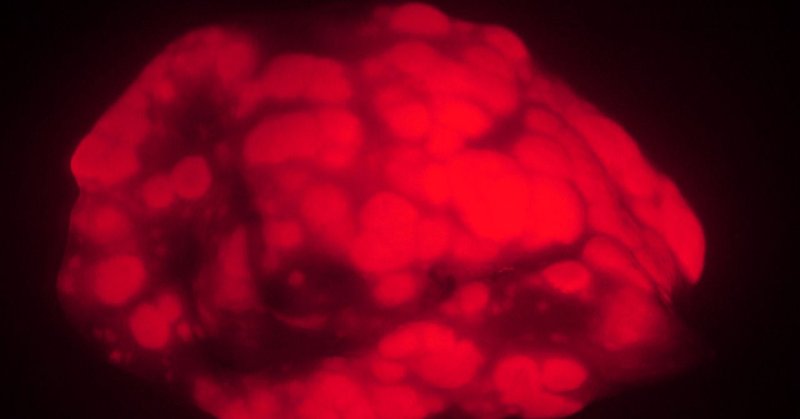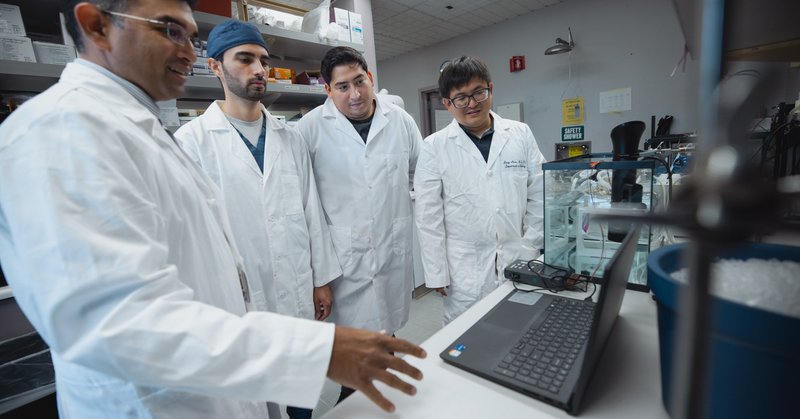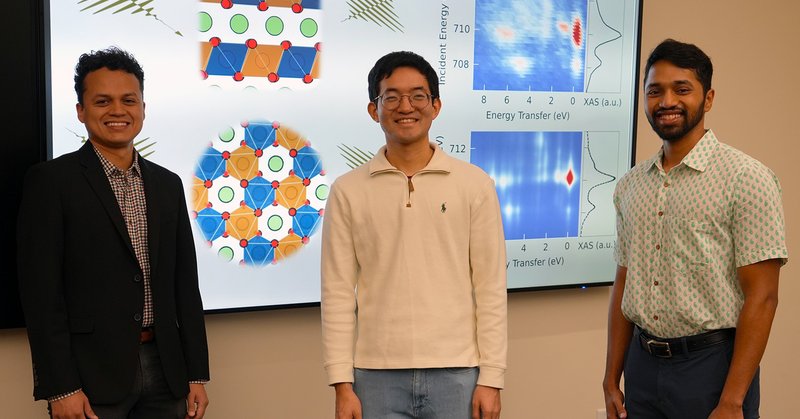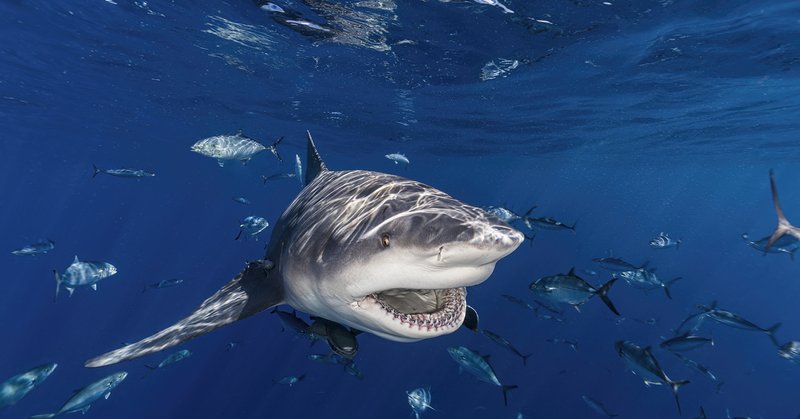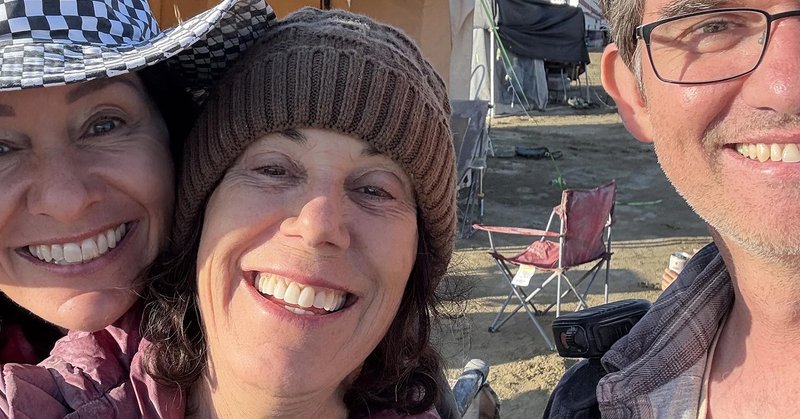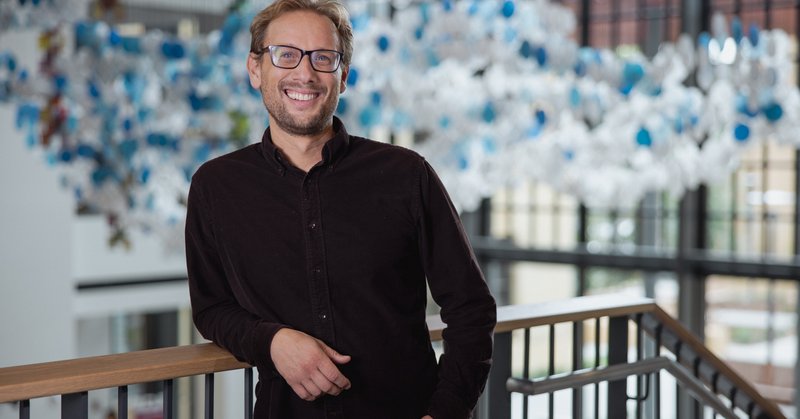
Stanford University
@Stanford
Followers
1M
Following
263
Media
4K
Statuses
22K
Our mission of discovery and learning is energized by a spirit of optimism and possibility that dates to our founding.
Stanford, CA
Joined December 2008
A ma-tree-mony in the making! 🌲♥️🌲 Dahkota Brown ’20 & Caroline Kushel ’21, aka Tree No. 41 & 42, are engaged. (First-ever mascot nuptials?) Read more: https://t.co/lGRXjUwJ2G 📸: Lance Yamamoto / @SFGate
14
11
255
Andrew Luck was in the perfect spot 😂 Had to stop mid-interview to watch the recovery TD 😅 @accnetwork
98
561
9K
This University. These players. These fans. The General knows what it means for The Axe to be HOME on The Farm.
6
54
453
Indoor greenery enhances well-being, but new research by Stanford engineers shows that too much can lead to overwhelm. The findings could guide the design of healthier indoor environments. https://t.co/T2MEKtP5Kn
news.stanford.edu
While indoor greenery enhances well-being, new research reveals that exceeding a certain amount can lead to feelings of overwhelm.
9
7
51
New Stanford research finds that very old mice develop fewer, less aggressive tumors - challenging the belief that cancer risk always rises with age. The work underscores the need for cancer models that reflect real aging biology. https://t.co/Bx3IepHVsx
news.stanford.edu
New research reveals that very old mice develop fewer and less aggressive tumors, challenging the conventional belief that aging increases susceptibility to cancer.
6
3
39
Stanford researchers have developed a noninvasive, drug-free ultrasound technique that helps cleanse the brain and reduce inflammation - showing promise as a future treatment for neurological disease. https://t.co/QcCjSguUkU
news.stanford.edu
A non-invasive, drug-free ultrasound method helps cleanse the brain and reduce inflammation, potentially offering a radically simple new approach to treating neurological diseases.
8
14
90
From a mock “bearial” to hourly train whistle blasts, Stanford’s campus will come alive in preparation for next week’s 128th Big Game. We snuck a little Cardinal pride into the Stanford Report preview story. Can you spot it? 🗞️: https://t.co/wNjKZBqXWn
3
9
51
Ernestine Faxon, a 102-year-old U.S. Navy veteran who served in World War II, and U.S. Marine Corps veteran Manny Velasco, who served in the Vietnam War, were honored along with others at the fourth annual Veterans Day celebration hosted by Stanford and the City of Palo Alto.
4
12
71
Prof. Fei-Fei Li (@drfeifei), co-director of @StanfordHAI, has been honored with the Queen Elizabeth Prize for Engineering – one of the field’s highest recognitions. https://t.co/DnTV3h7FBx
news.stanford.edu
The Stanford HAI co-founder is recognized for advancing computer vision and deep learning, and for championing human-centered AI.
5
19
99
Smartphones can effectively track treatments for neuromuscular diseases, a new study show, making analysis fast, accessible, and free. https://t.co/tZXlndjN6g
news.stanford.edu
A new study finds that smartphones can reliably monitor treatments for neuromuscular diseases, providing an accessible solution that improves the analysis and detection of movement disorders.
1
8
37
Stanford & @SLAClab researchers have developed an innovative iron-based material for energy storage in batteries, achieving a capacity that previously seemed unattainable. The tech could enable new applications in MRI, magnetic levitation trains, & more. https://t.co/c8J0aSh7wB
news.stanford.edu
Researchers have created a more energy dense storage material for iron-based batteries. The breakthrough could also improve applications in MRI technology and magnetic levitation.
3
9
53
Sharks have prowled Earth’s oceans for more than 400 million years, but a third of species are on the brink of extinction. A new Stanford-led analysis reveals those with specialized traits are most at risk. https://t.co/dWpa9CppHd
news.stanford.edu
One-third of Earth’s 500 shark species are on the brink of extinction. A new Stanford-led analysis reveals that species with specialized traits are most at risk.
3
8
30
When a woman who didn’t know she was pregnant went into labor at Burning Man, @StanfordHealth nurse Maureen O’Reilly stepped in to assist. https://t.co/rPG0xWxwsV
news.stanford.edu
When a woman who didn’t know she was pregnant unexpectedly went into labor at Burning Man, Stanford Health Care nurse Maureen O’Reilly stepped in to assist.
2
4
34
High blood pressure is bad news, and small changes can have significant impacts. A @StanfordMed cardiologist explains what new hypertension guidelines mean for you. https://t.co/Eoo2nonn0B
news.stanford.edu
In light of recent hypertension guideline updates, a Stanford Medicine cardiologist weighs in on lifestyle best practices, new interventions, and how best to monitor your blood pressure at home.
1
12
31
By studying why some kids struggle to read, cognitive neuroscientist Jason Yeatman hopes to make education work better for all students and deepen science’s understanding of the brain.
news.stanford.edu
By studying why some kids struggle to read, cognitive neuroscientist Jason Yeatman hopes to make education work better for all students and deepen science’s understanding of the brain.
12
15
59




